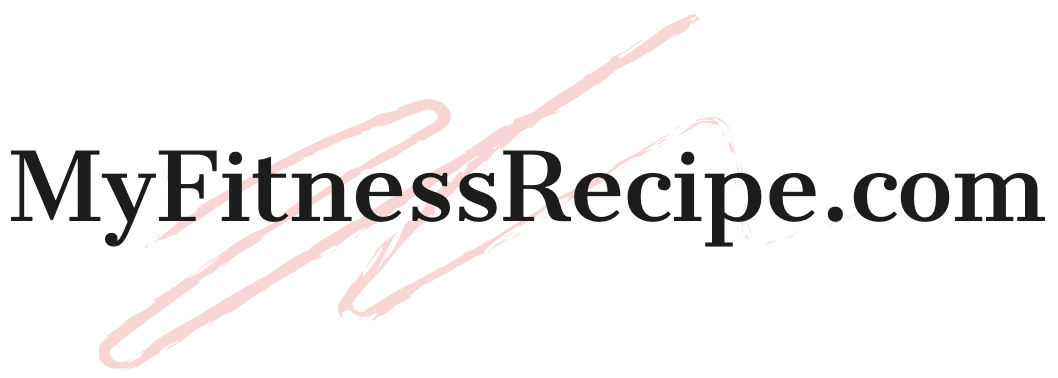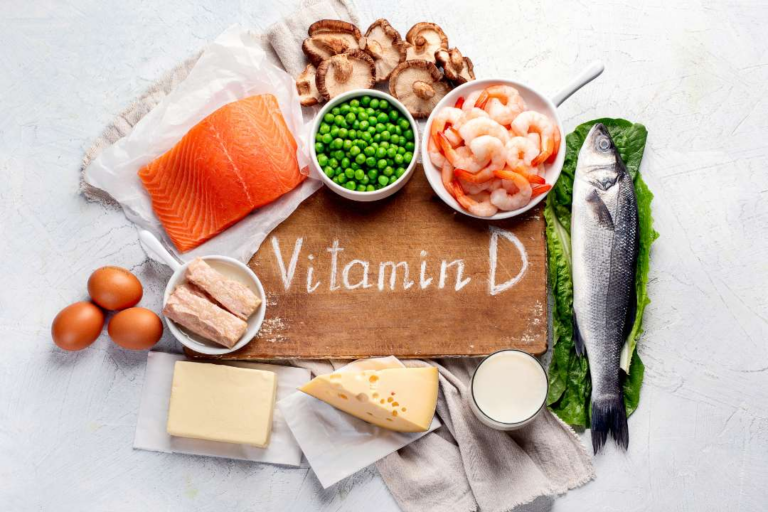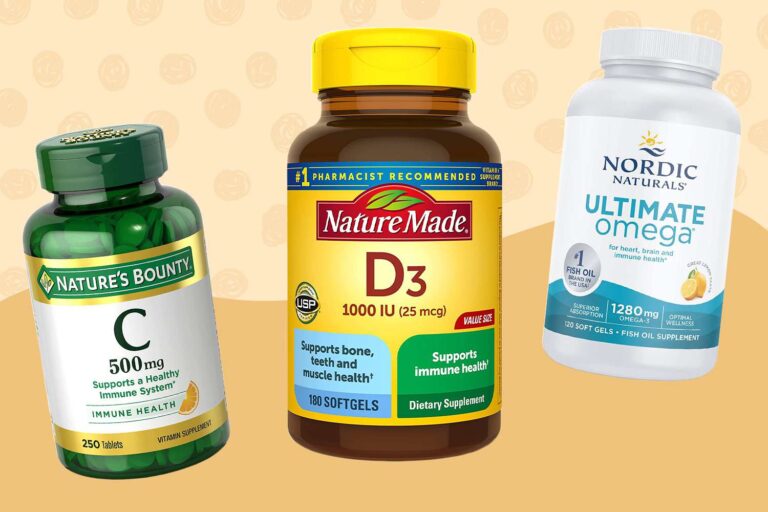Are Supplements Necessary for a Healthy Diet?
Walk into any pharmacy or health store, and you’ll find shelves stacked with brightly colored bottles promising a healthier, more vibrant you. From multivitamins to omega-3 capsules, supplements have become a multibillion-dollar industry. But here’s the big question—are they really necessary? Or can you thrive with just a well-rounded diet?
If you’ve been wondering whether supplements should be part of your wellness routine, this blog will help you make sense of it all. We’ll explore the need for supplements, weigh their pros and cons, and highlight what to consider before adding them to your routine.
Why Your Diet Matters in the First Place
Nutrition is the foundation of good health. A balanced diet provides your body with the fuel it needs to function, repair, and thrive. Think colorful fruits and vegetables, whole grains, lean proteins, and healthy fats—all working in harmony to deliver the nutrients your cells crave.
But in reality, not everyone eats a perfectly balanced diet every day. Busy lifestyles, food preferences, and access to fresh ingredients can impact what ends up on your plate. That’s where dietary supplements come in, offering a tempting shortcut. But are they really as essential as they seem?
What Are Dietary Supplements?
Dietary supplements are products designed to fill nutritional gaps in your diet. They typically come in the form of capsules, tablets, powders, or liquids. Some deliver specific vitamins and minerals, like vitamin D or calcium, while others offer more complex formulas like probiotics or fish oil.
The idea is simple—you’re giving your body nutrients it might not be getting in sufficient amounts from food alone. But does everyone need them? Not necessarily.
Are You Missing Key Nutrients?
The truth is, some nutrients are harder to get from food than others. For instance:
- Vitamin D: Known as the “sunshine vitamin,” it’s essential for bone health and immune function. It’s hard to get enough from diet alone, especially if you spend most of your time indoors.
- Omega-3 Fatty Acids: Found in fatty fish like salmon, these are linked to heart and brain health. If fish isn’t a staple in your diet, you might fall short.
- Iron and Vitamin B12: Vegans, vegetarians, and people with certain medical conditions can struggle to meet their needs for these key nutrients.
- Calcium: Important for bone health but not always easy to get, particularly if you’re lactose-intolerant or don’t consume dairy.
Even if you’re doing your best to eat healthily, some gaps can remain. The question is whether those gaps are significant enough to warrant supplementation.
The Debate: Are Supplements Necessary?
This is where the conversation gets interesting. Ask one expert, and they’ll tell you that a whole-food diet is all you need. Ask another, and they may advocate for strategic supplement use. The answer? It depends.
The Case For Supplements:
- Convenience: Supplements offer a hassle-free way to boost nutrient intake, especially for those with restricted diets (such as vegans or people with food allergies).
- Specific Needs: Pregnant women, older adults, and those with health conditions may benefit from targeted supplementation.
- Modern Food Supply: Soil depletion and food processing can sometimes reduce the nutrient content of what we eat.
The Case Against Supplements:
- Risk of Overconsumption: Taking too many supplements can lead to toxic levels of certain nutrients, like vitamin A or iron.
- False Security: Relying on supplements might lead people to neglect the importance of a balanced diet.
- Effectiveness Varies: Not all supplements are absorbed effectively by the body, and some may not even deliver the promised benefits.
Who Should Use Supplements (and Who Shouldn’t)?
Certain groups of people are more likely to benefit from supplements:
- Pregnant and Breastfeeding Women: Often need folic acid, iron, or DHA for healthy development.
- Elderly Individuals: May require more vitamin D and calcium.
- Fitness Enthusiasts: Protein powders or electrolytes can complement an active lifestyle.
- Medical Conditions: Some illnesses or medications can deplete nutrients, making supplementation necessary.
On the other hand, if you’re generally healthy and eating a variety of whole foods, there’s a chance you don’t need supplements at all.
How to Know If You Need Supplements
Instead of guessing, consider these strategies:
- Evaluate your diet: Keep a food diary for a week to identify any consistent nutrient gaps.
- Get bloodwork done: Testing for deficiencies can provide concrete answers.
- Consult with a healthcare professional: A doctor or registered dietitian can offer personalized advice.
It’s important to listen to what your body needs—and sometimes, the answer lies in fine-tuning your diet rather than rushing to buy supplements.
Tips for Choosing High-Quality Supplements
If you decide to use supplements, don’t grab the first bottle you see on the shelf. Here’s how to make an informed decision:
- Look for certifications: Third-party verifications (like USP, NSF, or ConsumerLab) ensure the product meets quality standards.
- Check the label: High-quality supplements provide clear, detailed information about dosages and ingredients.
- Avoid mega-doses: Stick to the recommended daily intake unless a healthcare provider advises otherwise.
- Be cautious of interactions: Some supplements can interact with medications or other supplements. Talk to your doctor if you’re unsure.
Wrapping It Up: Balance First, Supplements Second
At the end of the day, supplements can’t replace healthy eating habits—but they can complement them. Focus on building a well-rounded diet filled with nutrient-rich, whole foods. If you suspect you’re missing something, consult a professional before adding supplements to the mix.
Remember, everyone’s nutritional needs are unique, so what works for one person may not work for another. Whether or not you need supplements, the goal should always be to give your body the care it deserves.
Your Turn!
Have you used supplements alongside a healthy diet? We’d love to hear about your experience! Share your thoughts in the comments or join the conversation on our social channels.







